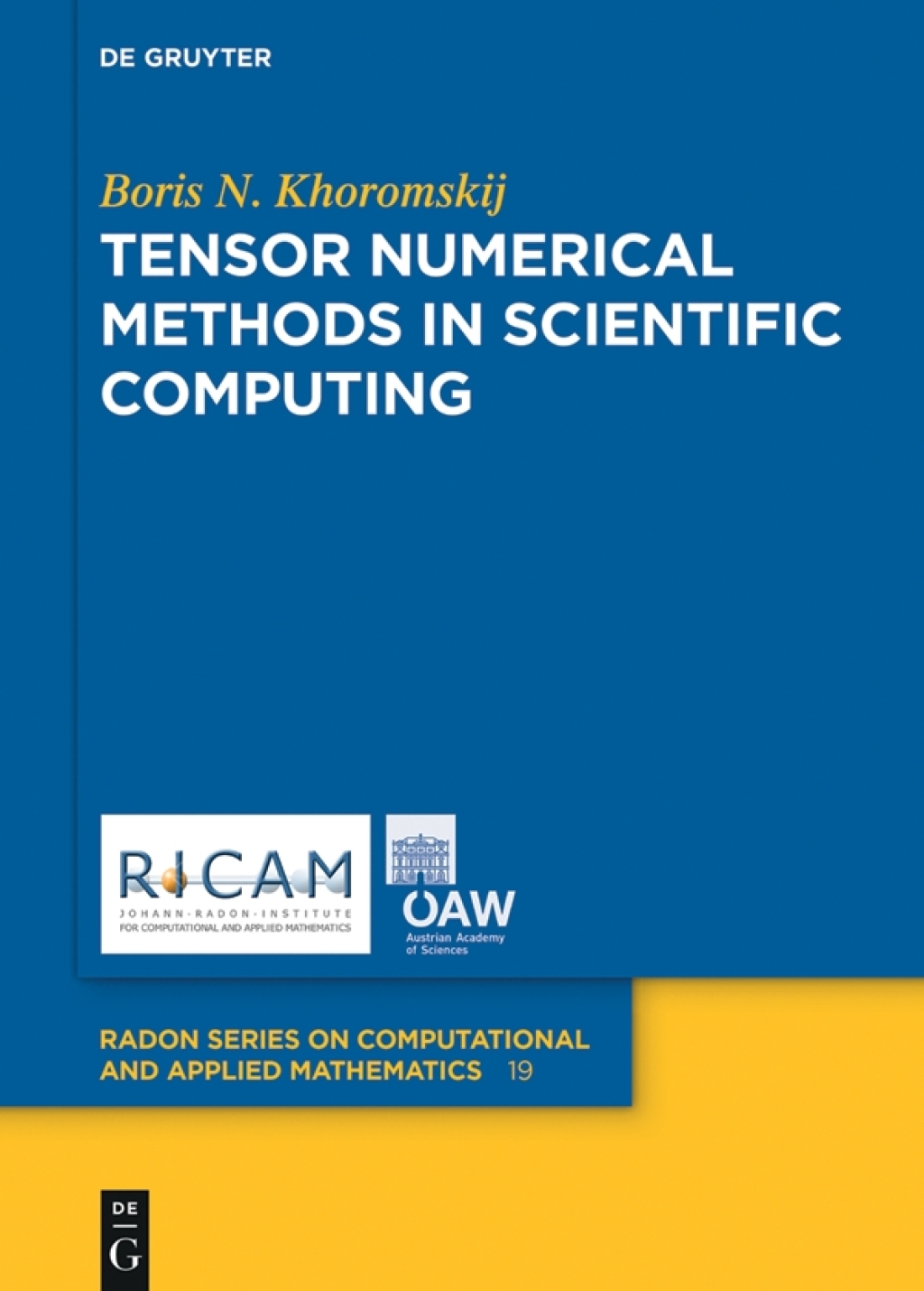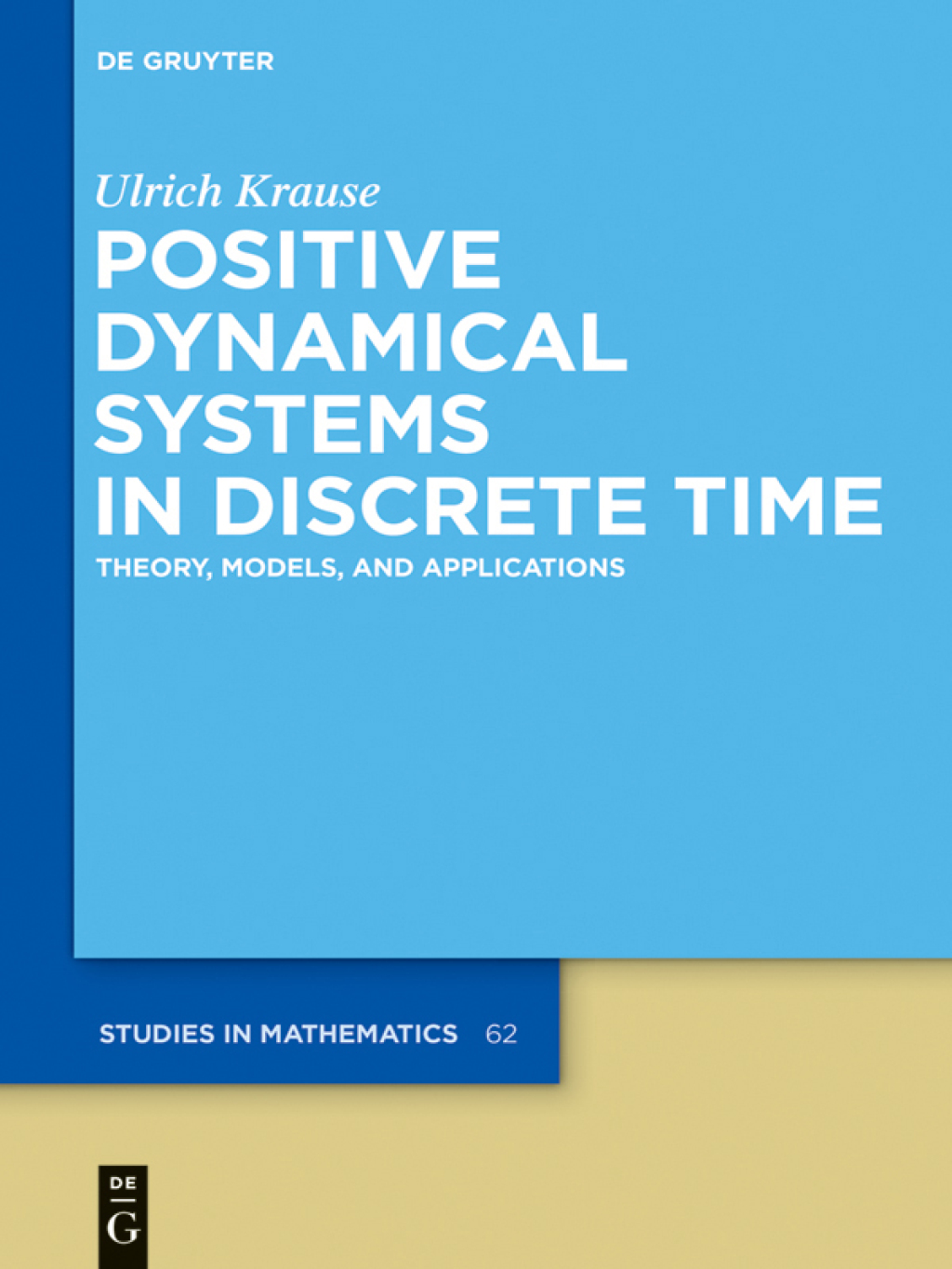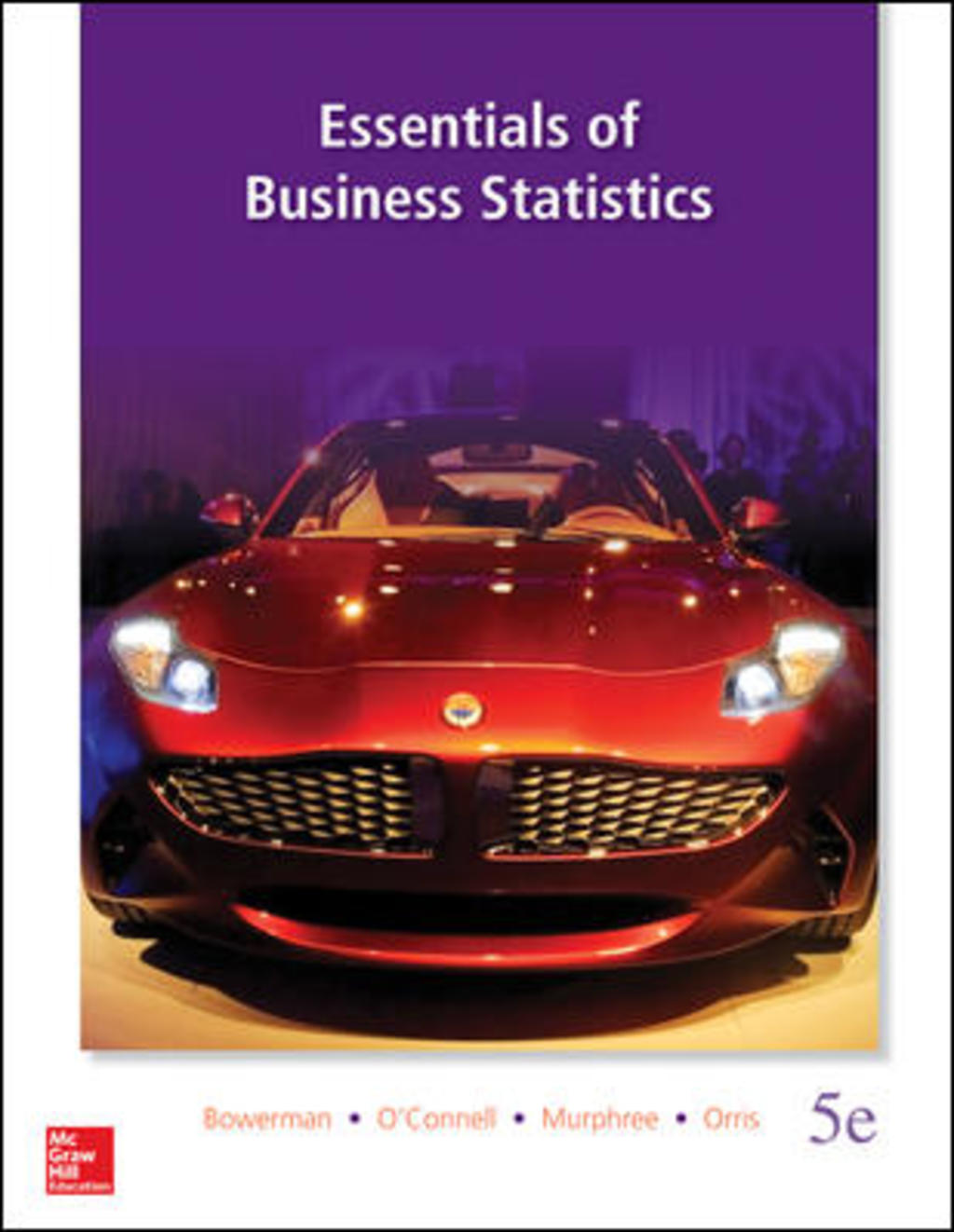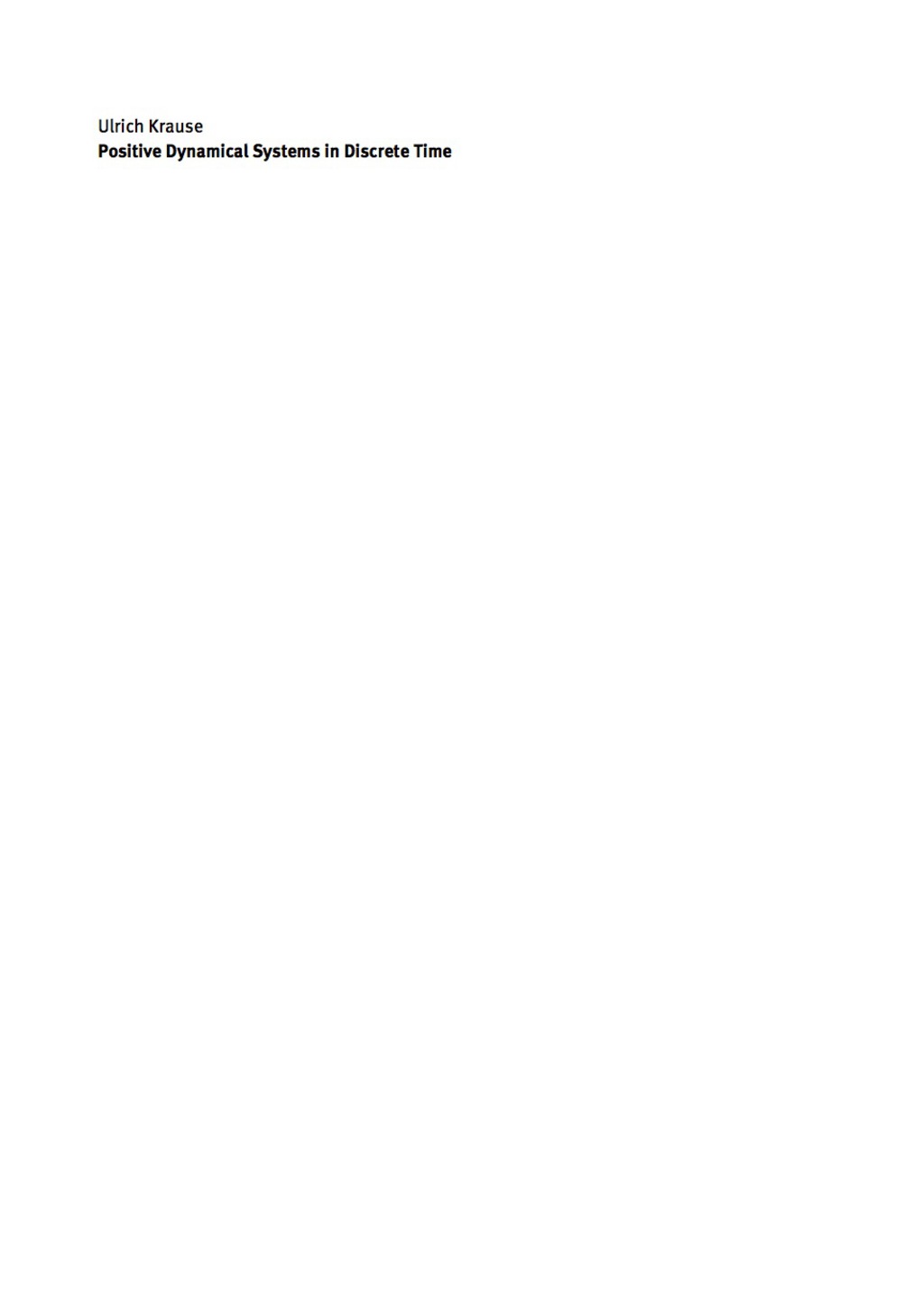Description
This book provides a systematic, rigorous and self-contained treatment of positive dynamical systems. A dynamical system is positive when all relevant variables of a system are nonnegative in a natural way. This is in biology, demography or economics, where the levels of populations or prices of goods are positive. The principle also finds application in electrical engineering, physics and computer sciences. “The author has greatly expanded the field of positive systems in surprising ways.” – Prof. Dr. David G. Luenberger, Stanford University(USA)
















